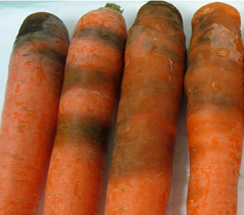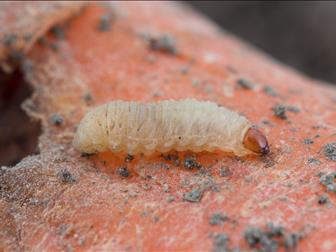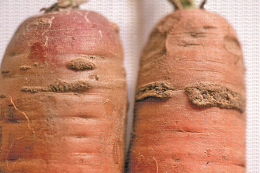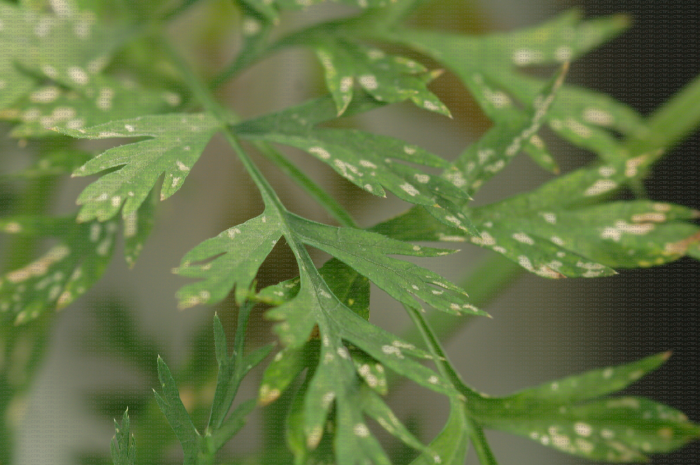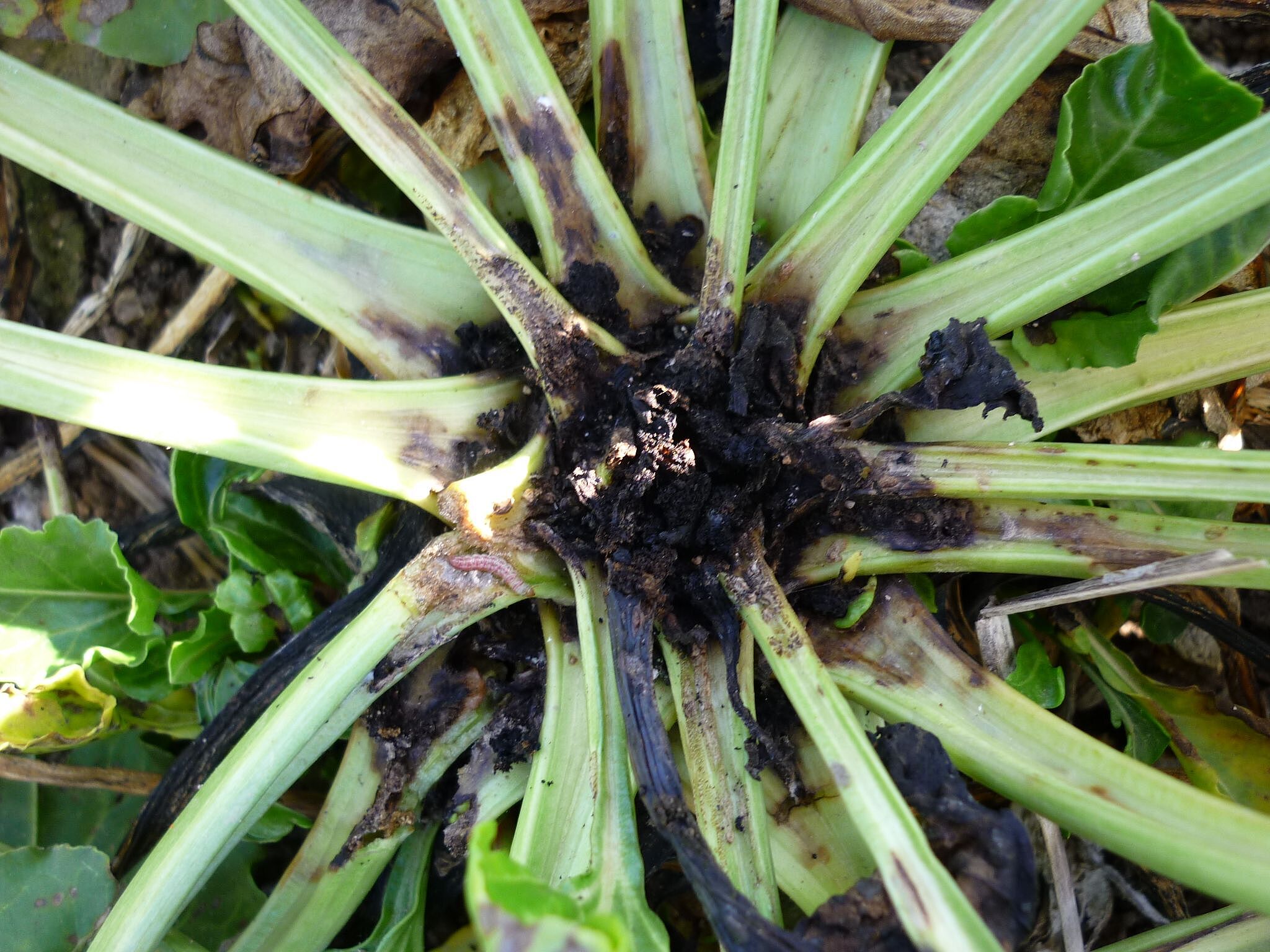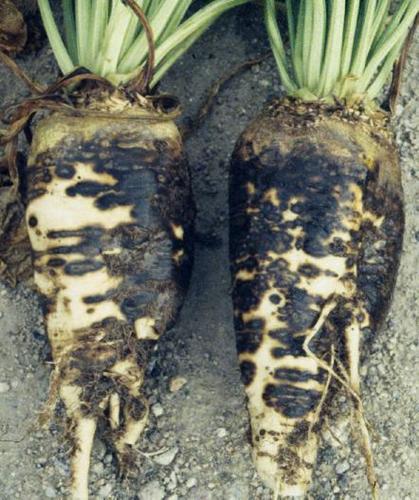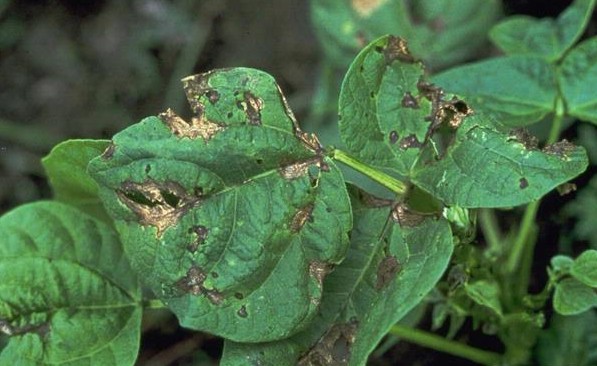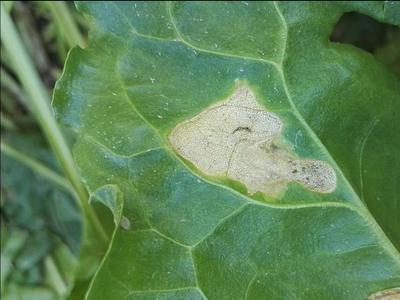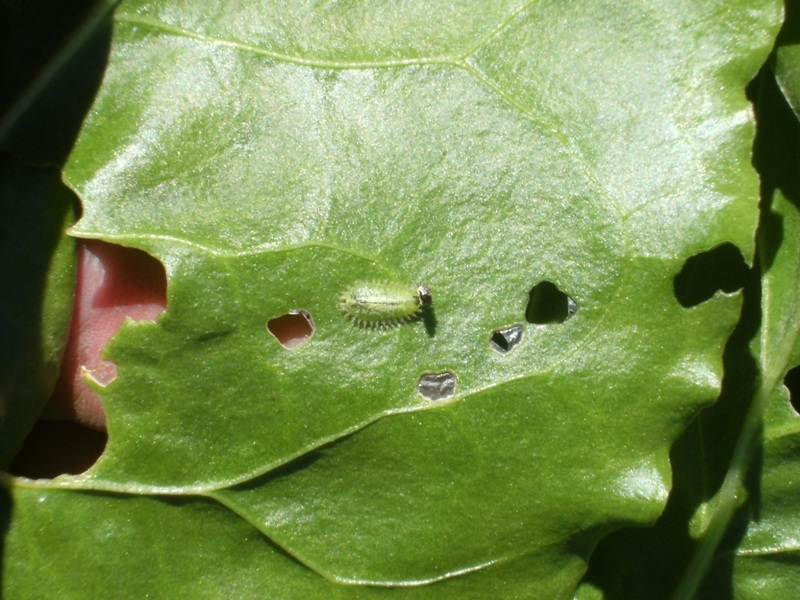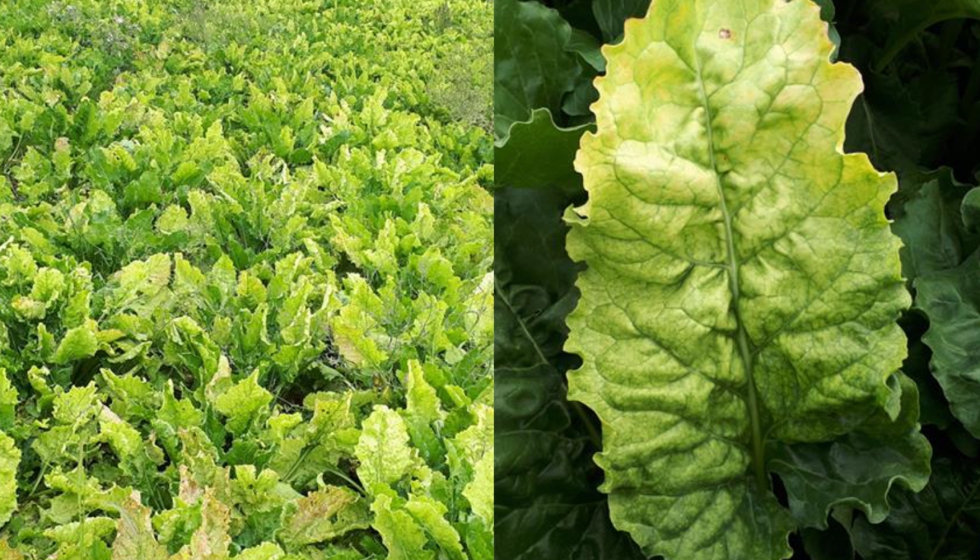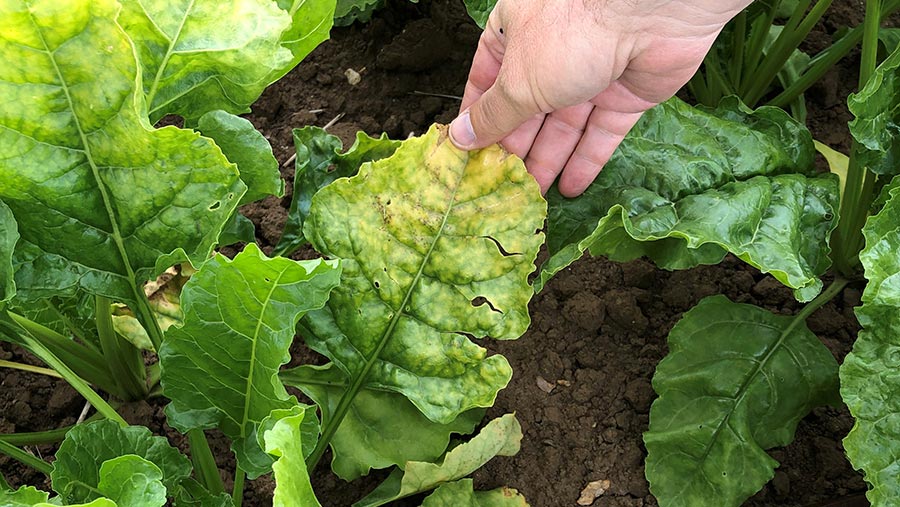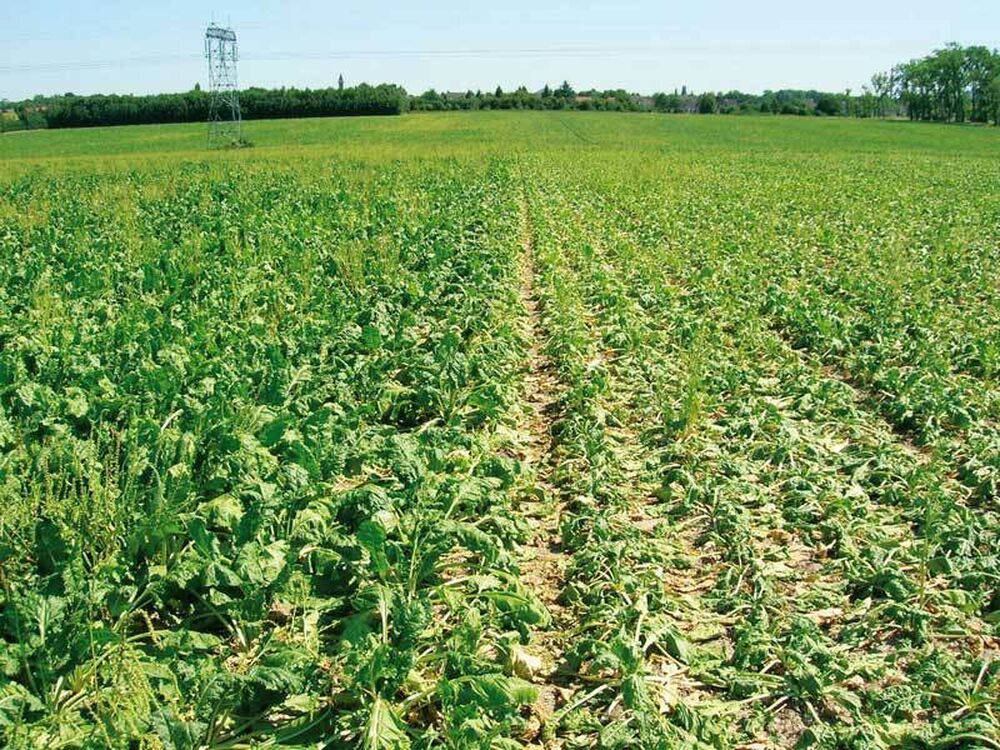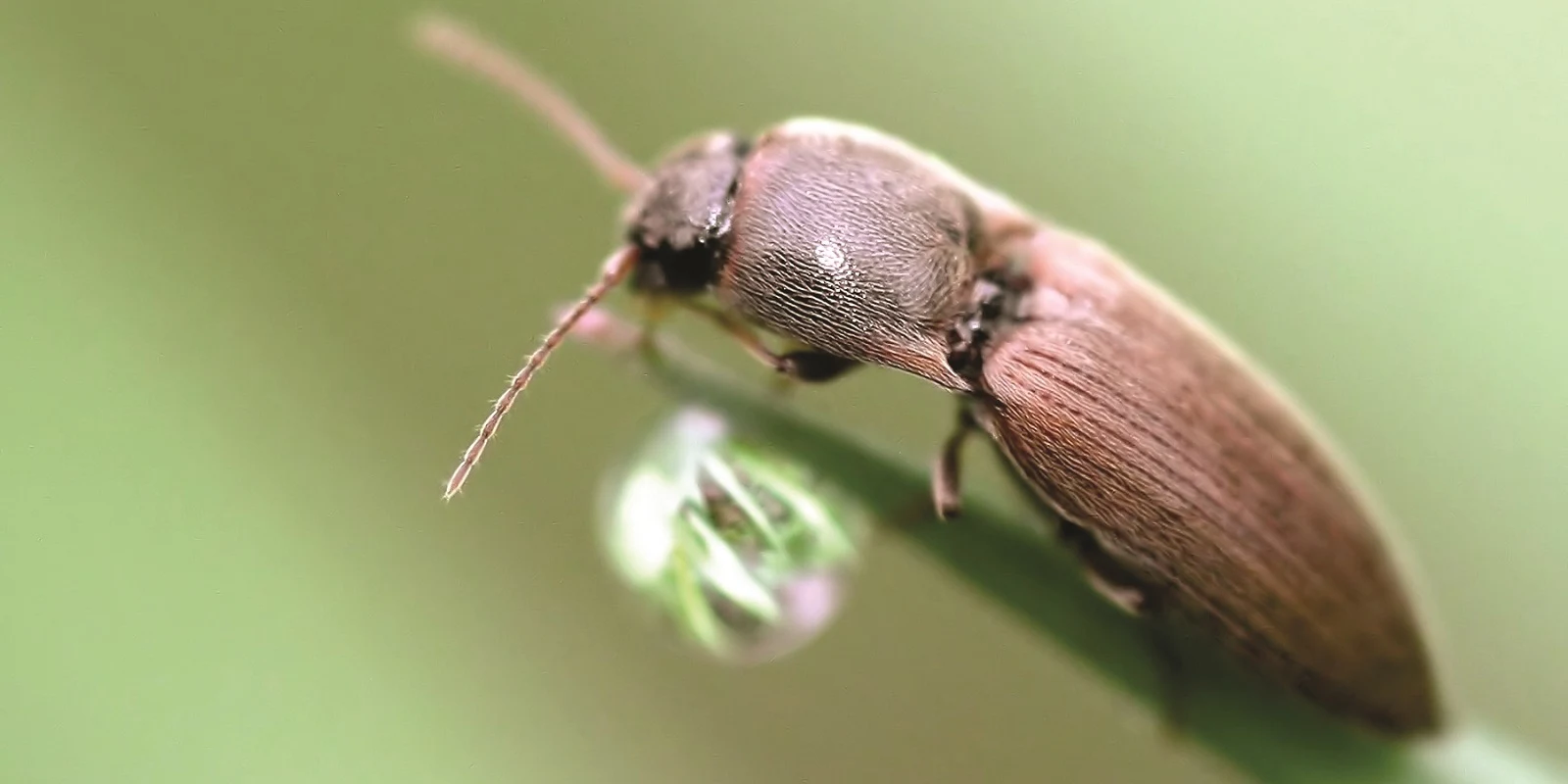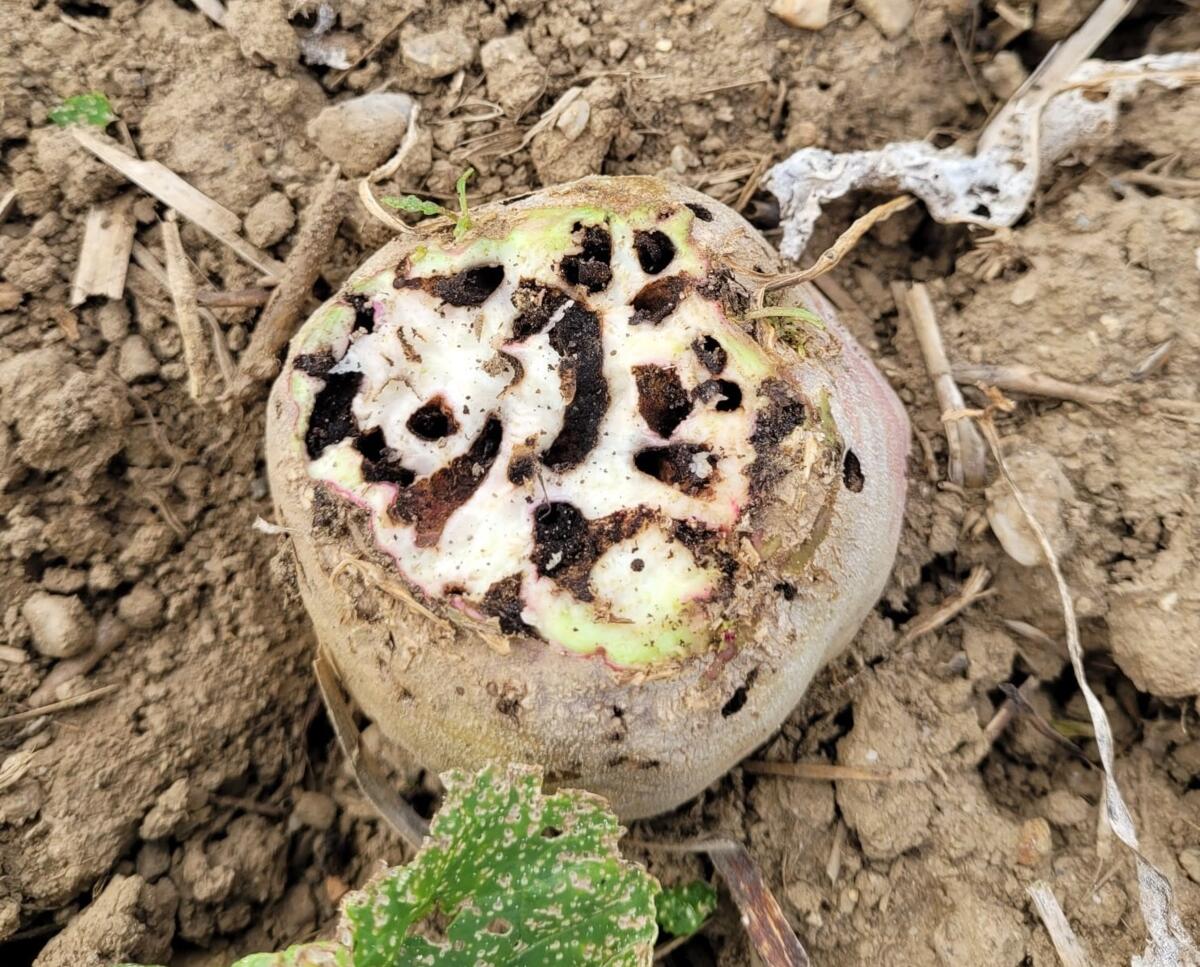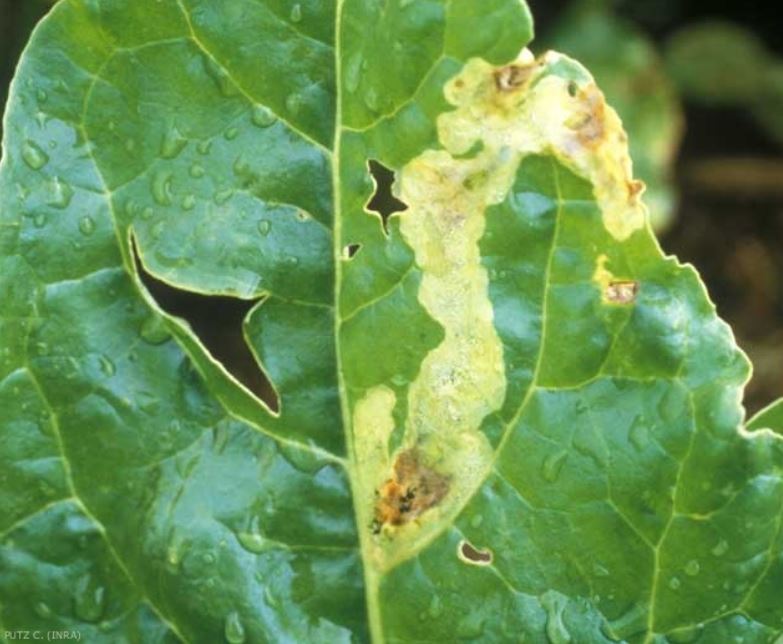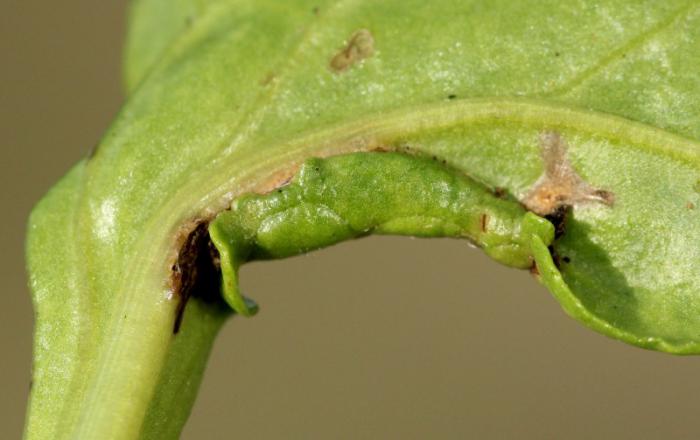
Cítricos
How to recognize and combat citrus tristeza virus
Citrus Sadness Virus
Virus
Type:
Risk to the plant:
CRITICAL
Ctv (Citrus Tristeza Virus)
Pathogen:
Virus

WHO CAUSES IT?
Citrus Tristeza Virus (CTV) is a phytovirus belonging to the Closteroviridae family and is the causal agent of the Citrus Tristeza Virus, one of the most devastating diseases affecting citrus crops worldwide. This virus has a positive single-stranded RNA genome and is transmitted mainly by aphid vectors, with the black citrus aphid (Toxoptera citricida) being one of the main transmission vectors. CTV is highly diverse, with multiple strains and variants that can vary in their virulence and ability to affect different citrus varieties. This genetic variability of the virus further complicates its control and eradication.
SYMPTOMS
The disease caused by the Citrus Tristeza Virus in citrus manifests itself with a series of general symptoms that affect the health and productivity of the trees. These symptoms include general decline of the tree, leaf chlorosis, leaf deformation, growth retardation, premature fruit drop and eventual death of the tree. Additionally, specific symptoms may be observed depending on the citrus variety and virus strain, which can complicate the diagnosis of the disease.
General decline of the tree.
Leaf chlorosis.
Deformation of the leaves.
Delayed growth.
Premature fall of fruits.

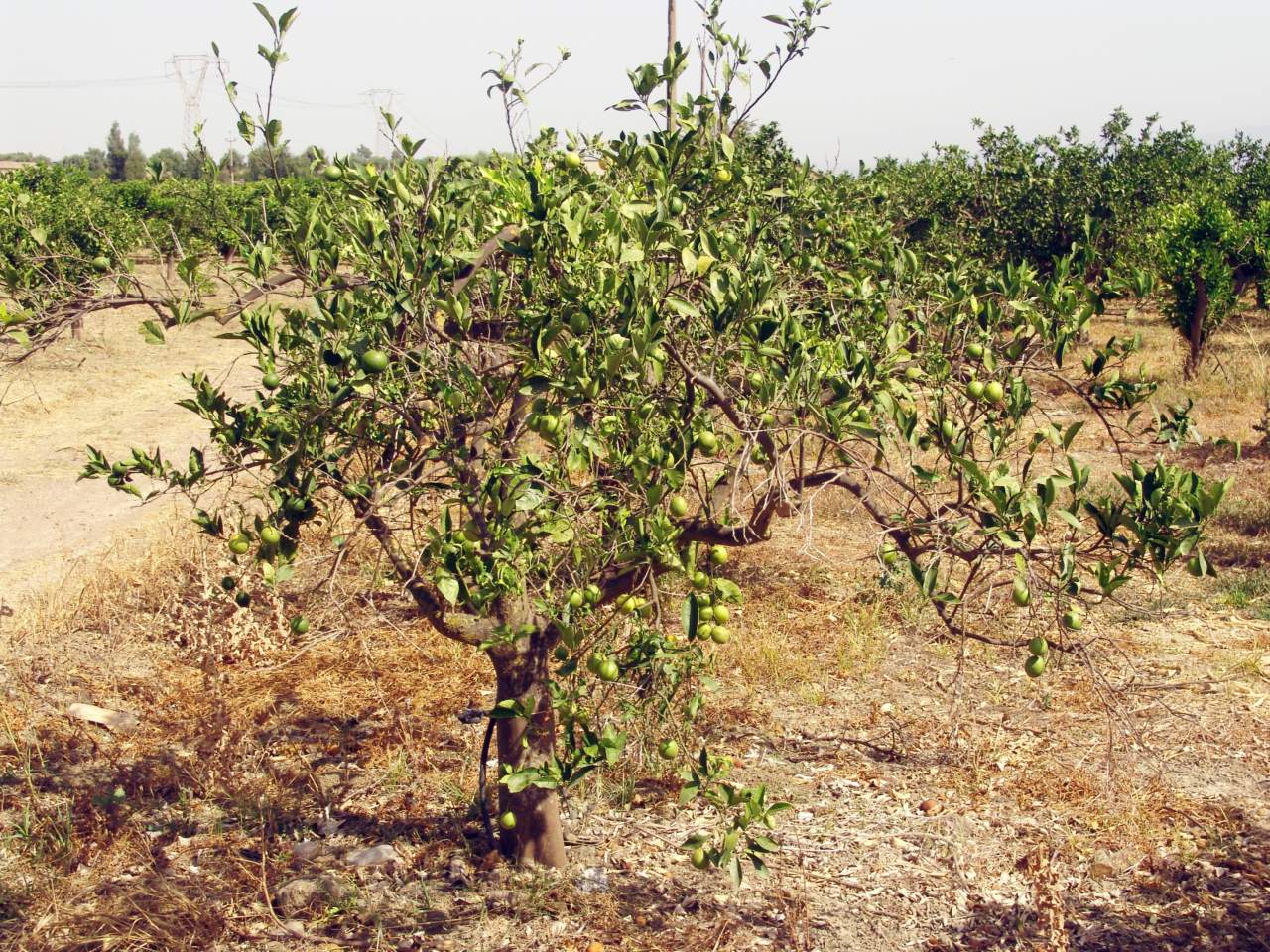
DEVELOPMENT CONDITIONS
Temperature:
20°C - 30°C
Humidity:
70% - 90%
HOW IS IT SPREAD?
Aphid vectors, graft, infected plant material.
HOW TO ELIMINATE IT?
Home treatments
There are no home treatments
Natural allies
There are no natural allies
Chemical treatments
RECOMMENDED PRODUCTS TO ELIMINATE THE PEST
REPELLENT PLANTS
RECOMMENDATIONS
Measures to control viruses in already infected plants:
• Remove and destroy infected plants to prevent the virus from spreading.
• Control insect vectors using chemical or biological methods.
• Disinfect cutting and agricultural tools between uses.
• Avoid reusing contaminated substrates or irrigation water for diseased plants.
Preventive measures to avoid viral infections:
• Use certified, virus-free seeds and seedlings.
• Establish physical barriers or trap crops against vectors.
• Rotate crops with species that do not host the virus.
• Promote biodiversity to reduce vector pressure.
• Maintain good field hygiene and constantly disinfect tools.
• Regularly monitor crops to detect early symptoms.







